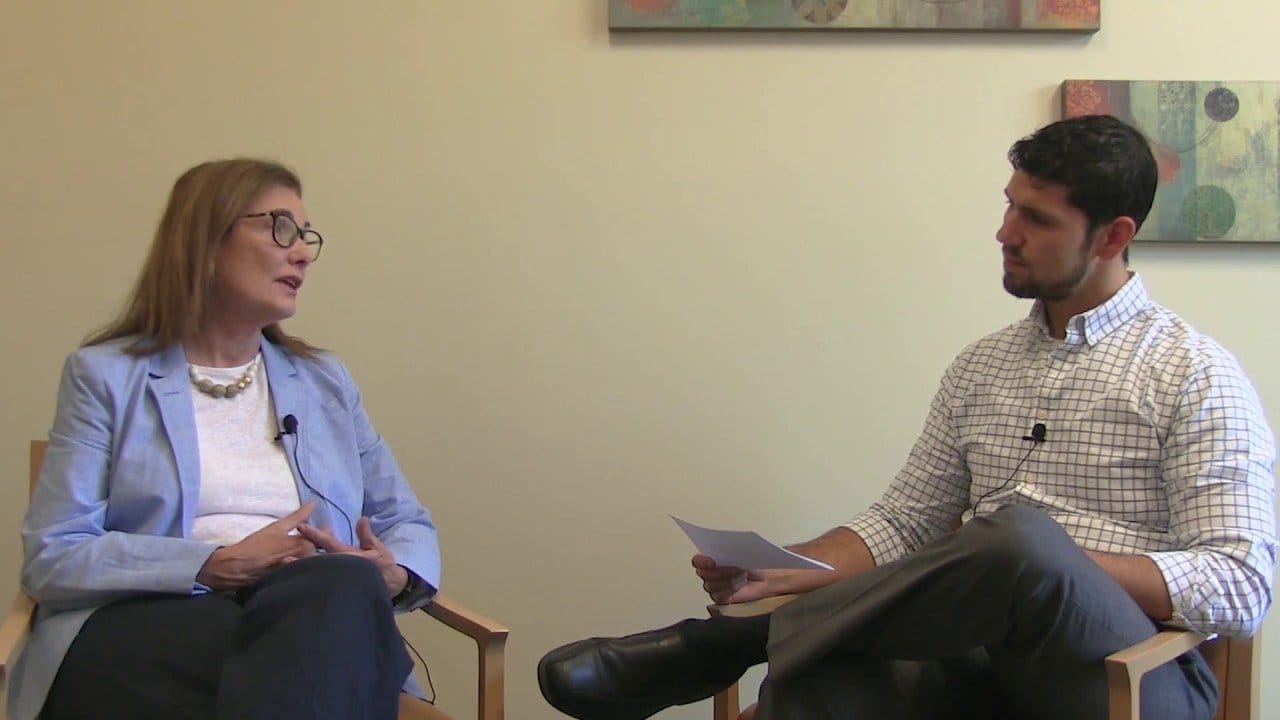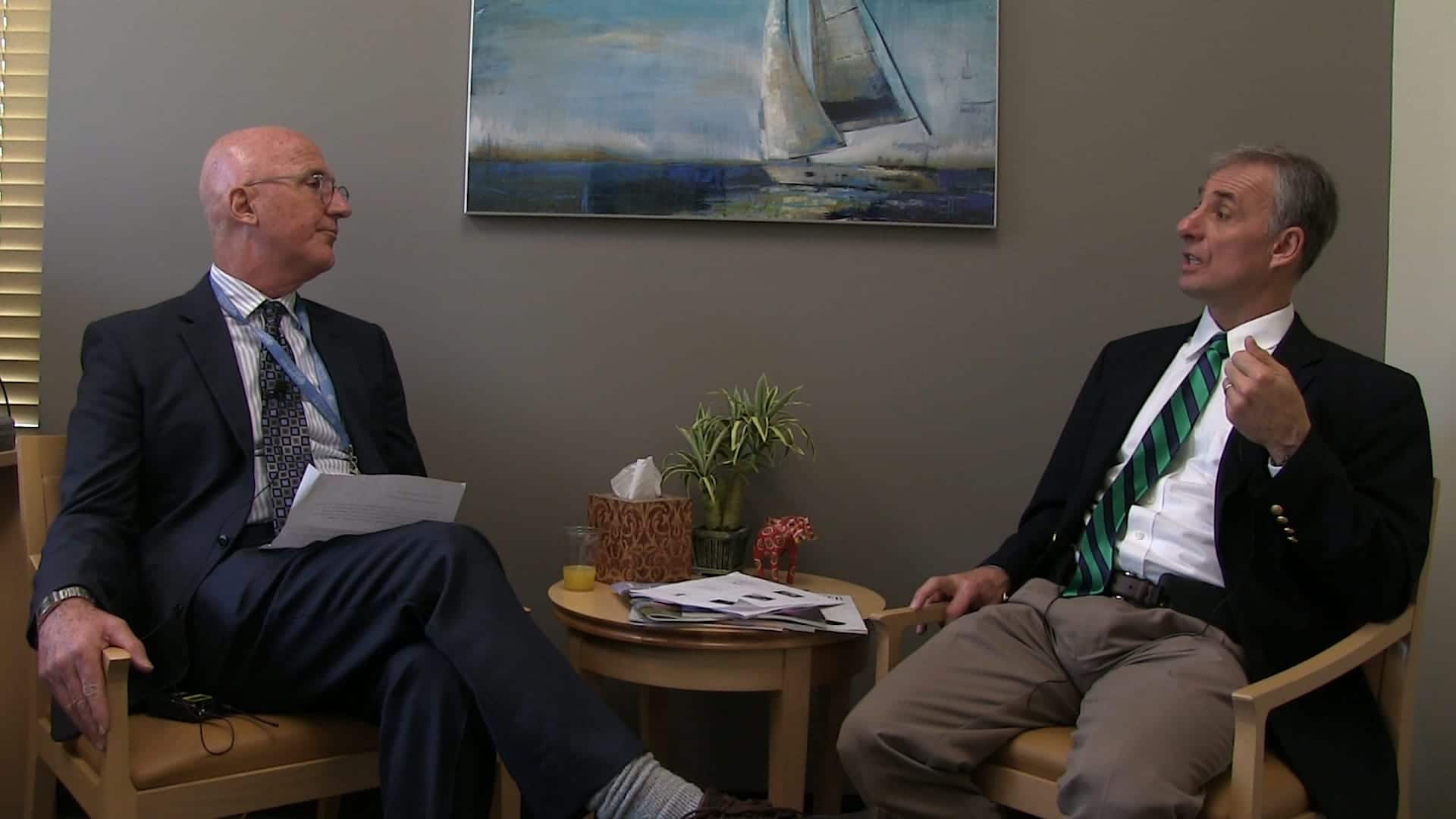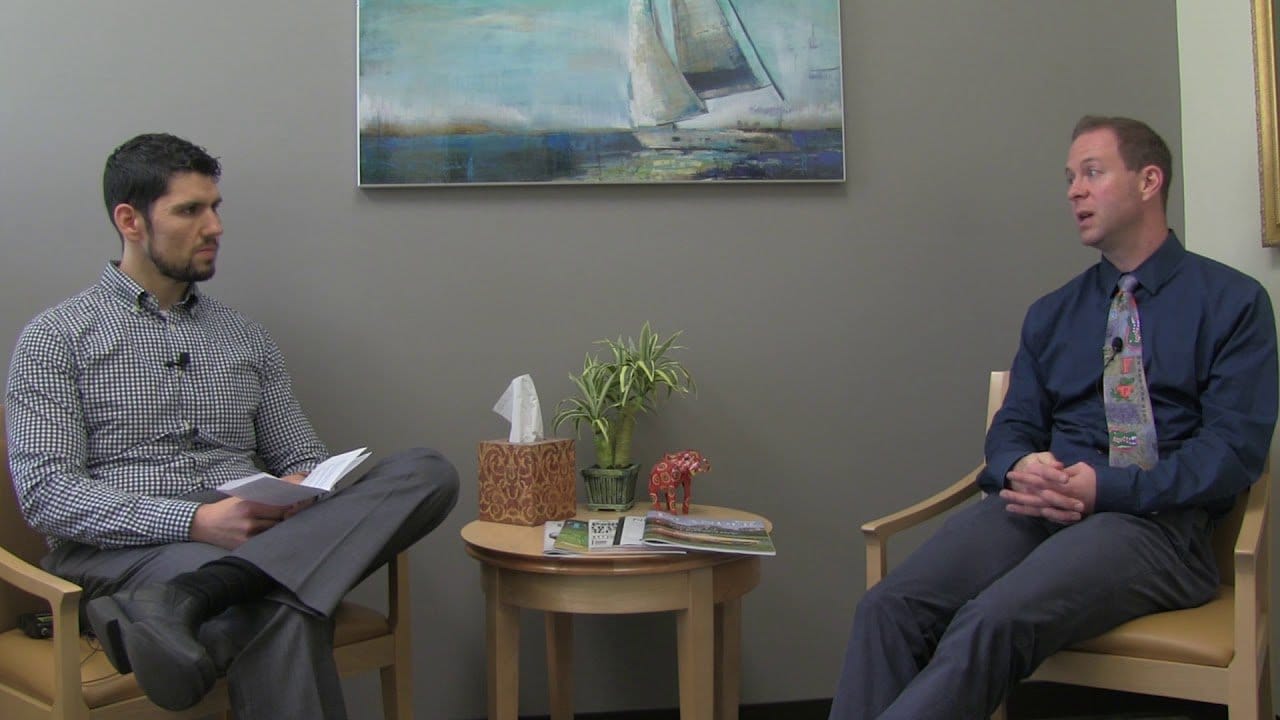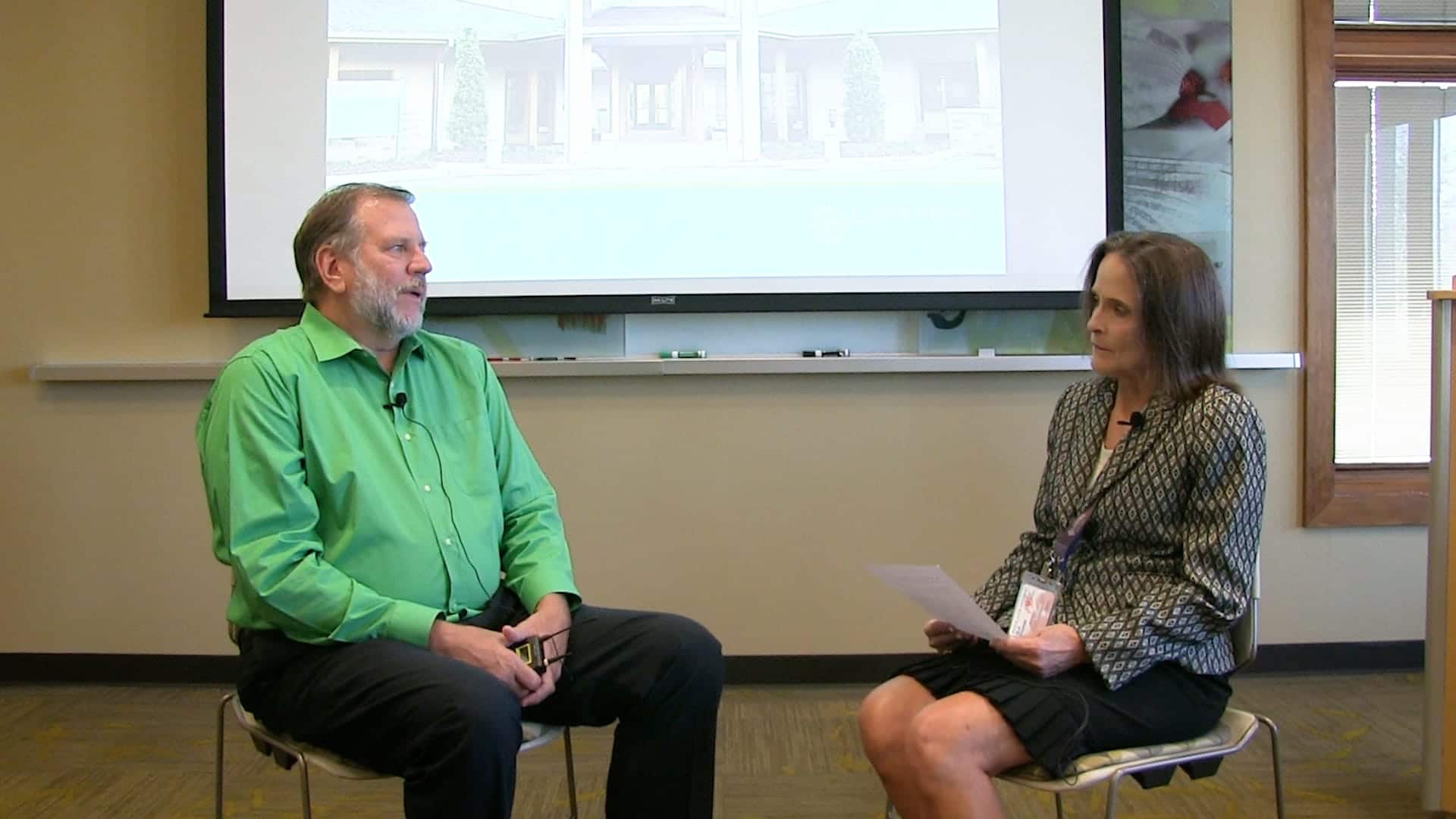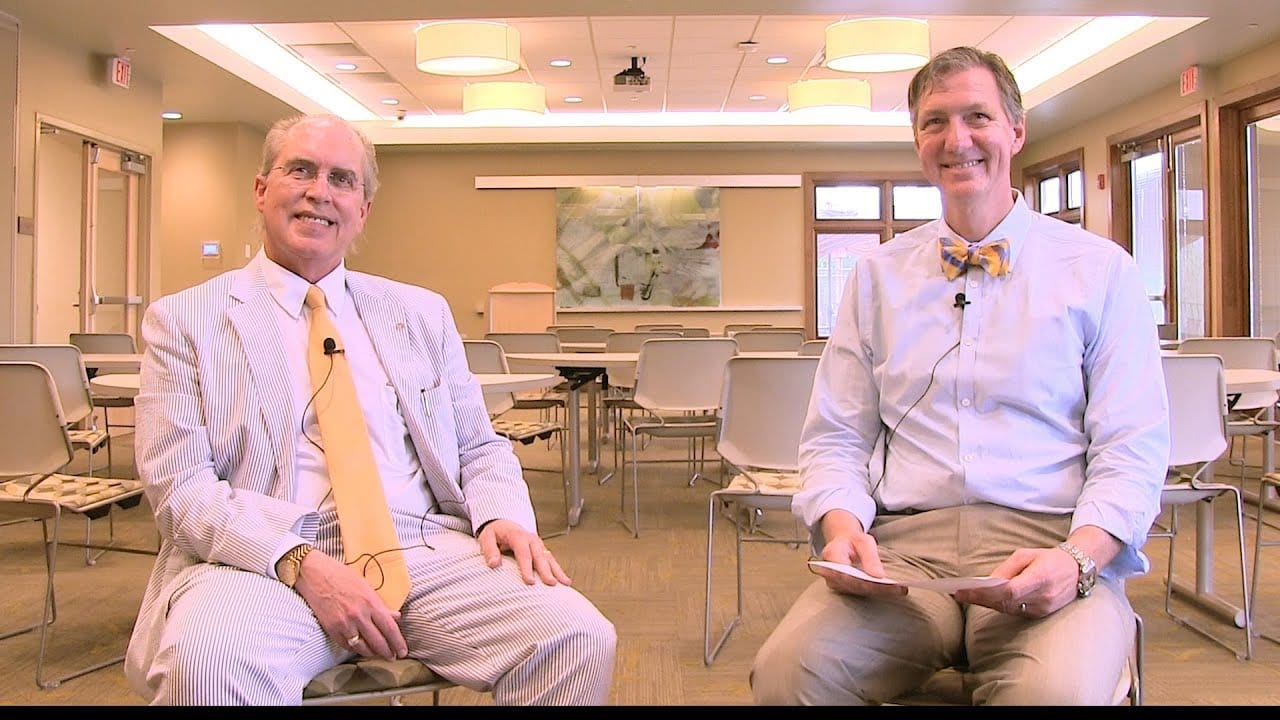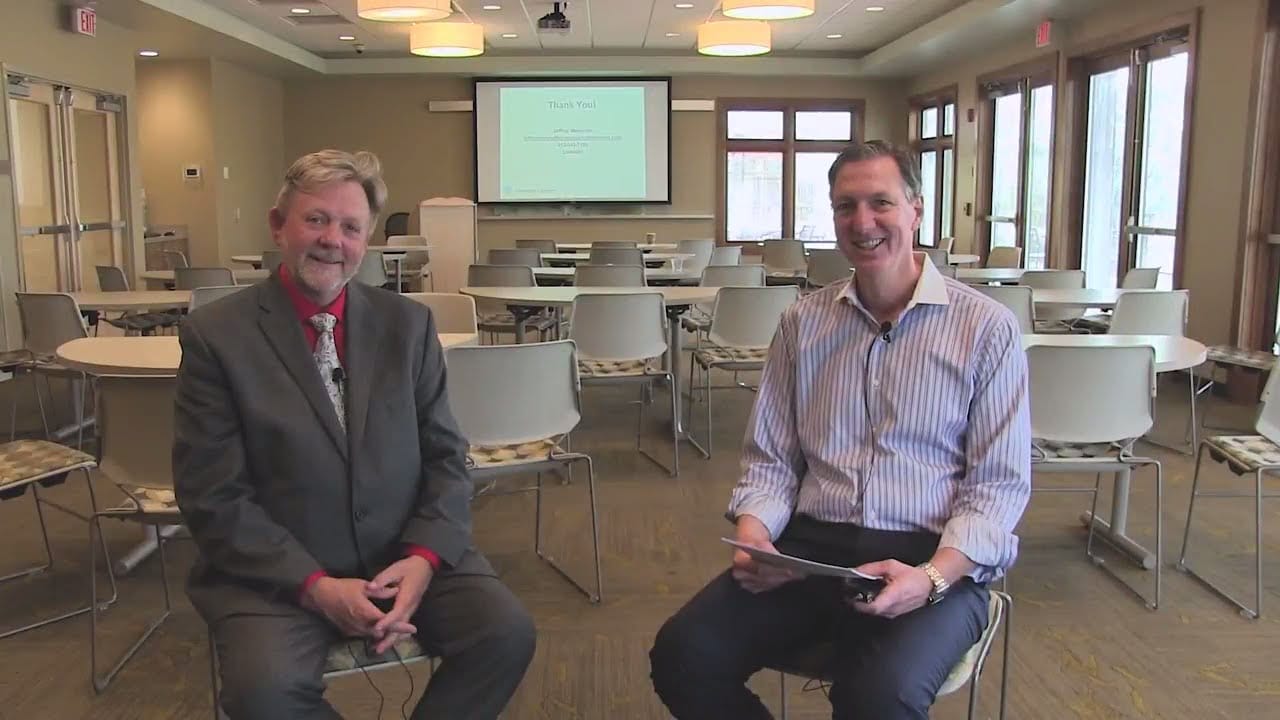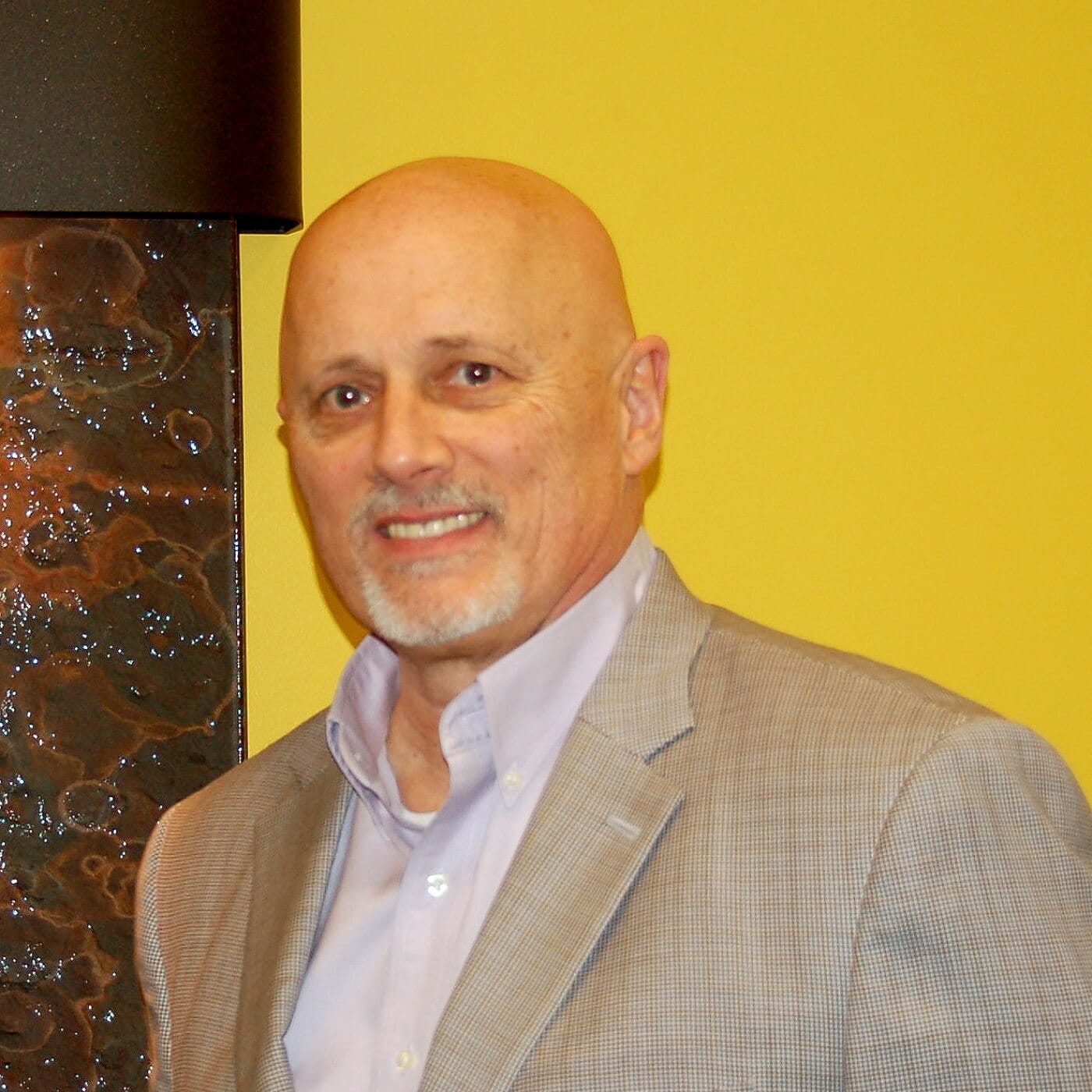

By: Lakeview Health
Dr. Tom Antonek from The Refuge, a long-term, 12-step based program in Florida, sits down with Gina Thorne in this podcast to discuss the residential treatment center and how he came to work in the field of addiction.
Podcast Transcript
Gina Thorne: Hello everyone, this is Gina Thorne and thank you again for joining us for the Lakeview Podcast Series. I’m joined today with Dr. Tom Antonek with The Refuge in Florida and he just spent the last two and a half hours with us talking about intergenerational trauma for the Lakeview Podcast Series. Welcome, Dr. Tom. Dr. Tom Antonek: Thank you very much. It’s a pleasure to be here. Gina: We really enjoyed learning so much about the nature of intergenerational trauma and you have quite a diverse background in working with trauma. How did you get into the field of addiction? Tom: Well, I started in the field of addiction around 1983. After I got my bachelor’s degree in ’81, I got my bachelor’s degree in psychology and then I was working on my master’s degree in psychology at Fordham University in New York City and I kind of just fell into it, to be honest with you. I didn’t pick it, I think it picked me and I happened to be working at a community health center in New Jersey and I had only been sober myself for about six years at that time. I am a recovering alcoholic and I got sober in ’75 and I wasn’t really thinking about addictions as a specialization. I was actually more interested in working with family therapy and children but after I got the position working in the field of addictions and I realized that I could bring a lot of my experience, strength, and hope to what I did with clients who are suffering from this horrific disease. It gave me a sense of competence that I didn’t have, just based on my credential at that time and so it was, like I said, something that chose me. Gina: It’s evident that it’s your passion, you can tell. Tom: Well, as time went on and as I realized how critical it was for me to pay attention to my own recovery and how fleeting it was at times when I wasn’t paying attention to what I needed to do to stay in recovery and working my program. It wasn’t a smooth journey and there were times I relapsed myself and it was a very devastating experience for me but I really believe in the experience, strength, and hope of the recovery community and being an impaired healthcare provider myself, I think I can bring a little bit of a twist to what I do. Gina: Well you made that very clear in the presentation today. I think it was very powerful. Speaking of the powerfulness of your talk, you talk very clearly about this concept around intergenerational trauma. You mentioned, actually, what I thought was interesting at one point in your presentation, about how trauma is visceral, sensory, and soul-wounded. So how would you describe to listeners this whole idea of intergenerational trauma and this definition that you provided? Tom: Well first of all I want to attribute the definition to Judy Crane who I got it from, who originally was the founder of The Refuge. She was describing PTSD as being a sensory visceral cellular experience that goes deep to a soul wound. And what I got from that experience with her is that there is an event that occurs in a person’s life, or a series of events, and it could be physical abuse, it could be sexual abuse, it could be something like being exposed to 9/11, a serious car accident that paralyzes you, it could be a number of things that are traumatic, beyond human experience events that impact you on a number of physiological levels, but then it has a more long-range effect that affects you behaviorally, psychologically, and how you think, and as Judy says, it goes to your very soul. Which is why it’s so critically important to have modalities of intervention that tap into the physical realm such as somatic experience and art therapy, expressive interventions. Because many people that have been deeply wounded over time by a traumatic experience may not even know how to articulate that. Gina: And it’s interesting because you talk a lot about these different modalities and you talk specifically about this Native American orientation so could you speak to us a little bit about how that applies to the work that you do? Tom: Ok, sure. Well when I was talking about intergenerational trauma, I used the illustration of the Jewish culture, the African American culture, and the Native American culture as three entire cultures that have been victimized and traumatized literally across generations. Obviously we don’t have time to get into that, but that was what my discussion was about. The reason why I focused on the Native American approach is because they came up with a very, very powerful philosophy and program for healing intergenerational trauma. And Don Coyhis is a Native American who I think, around 2002, wrote the book “The Red Road to Wellbriety” and you can look into that on WhiteBison.org. I got exposed to that in 2002, well 2003 actually. I met some Native American recovering individuals in St. Petersburg, and live in Tampa. So I went to St. Pete and I was going to different traditional 12-step meetings at the time and I got introduced to this 12-step program of recovery that integrates the Native American belief system and it’s more peaceful in its foundation, much more encompassing with respect to cultural healing, family healing, individual healing, and forgiving the unforgiveable. So for me, the thing that attracted me to the Native American approach was clearly from the onset of being exposed to their philosophy and their program, it was about more than abstinence. It wasn’t about if you stop drinking and drugging, you’re in recovery. If you stop drinking and drugging, then you can approach the courage it’s going to take to walk this Red Road of Wellbriety. Gina: And there’s so much spiritual components to that. There’s just so much metaphor work that can be done with that. I think that’s why everyone is so taken with The Refuge and the work that you all do because you are able to take these various aspects of Native American orientation and others and really kind of apply some of that to the work that you are all doing down at The Refuge. Could you describe for us a little bit about what The Refuge does? Tom: Sure. The Refuge does a lot of the same things that, I mean, there’s no secret. Many, many facilities, this facility that you represent also, we do group therapy, we do individual therapy, we do family therapy, multiple family therapy groups. We have family weekends, we have equine therapy, and we have somatic experience, art therapy, a lot of different modalities that we apply. I think that the magic, for lack of a better term, of The Refuge is the essence of what Judy Crane brought to it because as passionate as I am about what I’m doing, I’m this passionate in part because she mentored me. I got a taste of the vision she had that resonates in her. And I think what The Refuge does is it provides people with an environment itself. It’s on 96 acres in the Ocklawaha National Forest and as a little-known aside, the land that it’s on used to be holy ground for the Seminole tribe which is really, really cool when you think about it. When you drive up that road and you go through the gate where it says “The Refuge, A Healing Place,” I love the second name of the facility. There’s a magic. If you have any kind of sense of spirituality, you sense this incredibly powerful restorative force in the universe around you which is kind of incongruent with the pain and suffering there. Every client that comes there is consumed with pain and suffering, most of which is related to trauma, as I showed you in the population I did an assessment on in 2012 out of 53 clients with substance abuse disorder. 52 of them had substance abuse and PTSD. So you have all of this pain and suffering and then you have all of this magical, miracle power that’s in the environment itself. In addition to that, Judy has trained all of the staff, and now that it’s an Acadia facility, they’ve opened up the doors to many more people who have insurance reimbursement and many more people can benefit from this, but Judy hand-trained people and she has a training program called Spirit to Spirit and she goes all over the world, literally, and trains therapists on how to work with trauma. I’ve been in this field for 33 years and I said it in my speech and I’ll say it here; 5 years ago, if you asked me if I knew how to treat people with trauma I’d say of course. Most people who come to me to get some help working through their addiction have some traumatic experience in their history. It’s not like this is the first time I’m saying “wow, people have some trauma, let me see what I can do for them.” I learned a lot from the clients that came there and it takes a lot of courage and a lot of commitment to go through the pain and suffering it takes coming to awareness. Gina: And I think that’s what makes The Refuge such a healing place, is that you, and Judy, and others have created an environment of safety for folks to really deal with those issues that are often times just so scary for people to open up. You guys have created quite the reputation for yourself nationally as the place to go for those trauma-induced issues, which is wonderful. So if folks are listening today and they needed access to services at The Refuge, what would be the best way to get in touch? Tom: I would say to go online and look up http://www.therefuge-ahealingplace.com/ or you can call their 800 number which is 866-425-4617 and just ask to get some information about the services they provide and whether or not it would be a good fit for you. And if it isn’t and they’re not able to treat you because your needs are something different than what they’d consider to be a good fit for them, or you don’t have the insurance or the financial resources, they have an extensive referral list, so it’s a great resource. Gina: Wonderful. Well thank you for spending time with us today at Lakeview and thank you for taking time to talk with us on the podcast series. For those of you that are interested in learning more about Lakeview Health, we invite you to visit us at lakeviewhealth.multiplica.dev or if you need access to treatment or you know someone that does, please encourage them to call 866-887-0142. Tom: Thank you, Gina.
